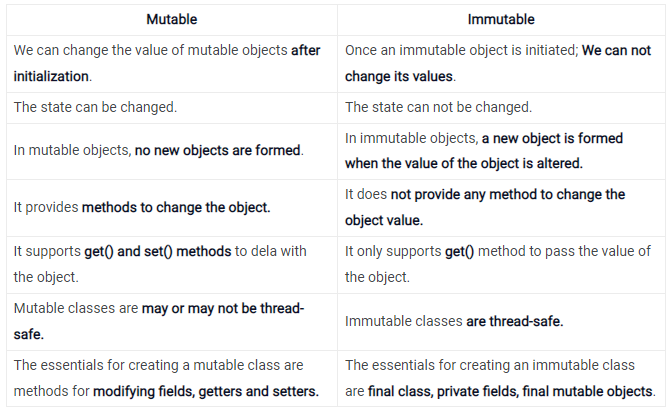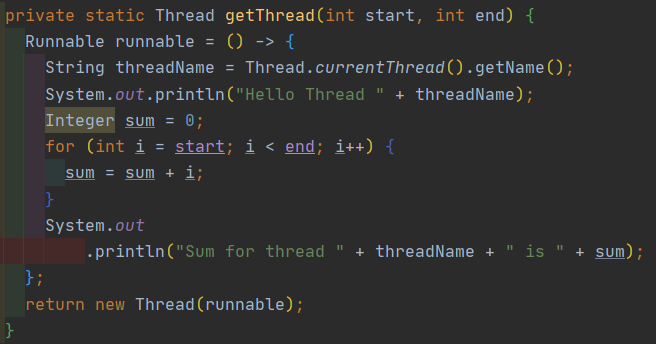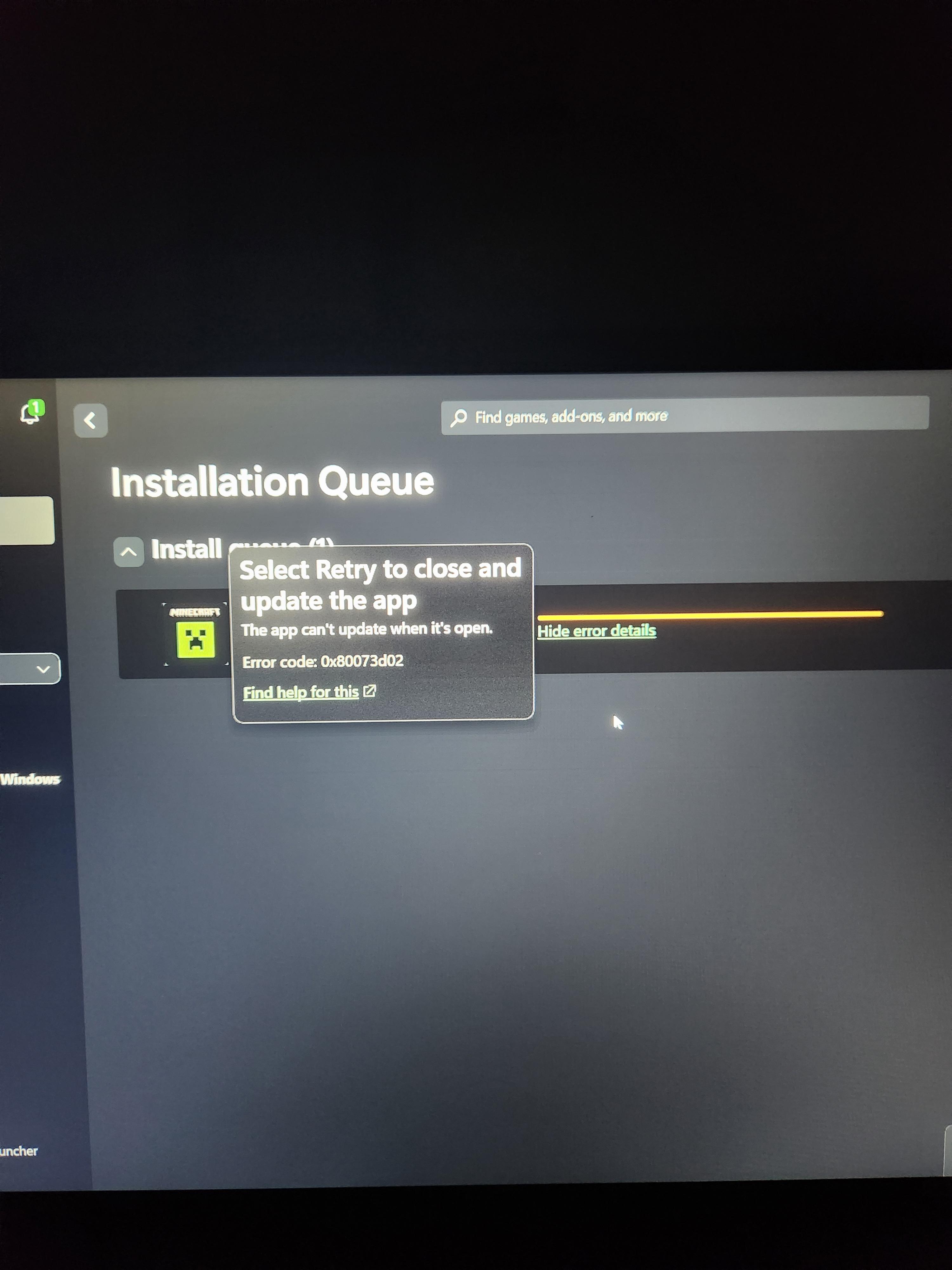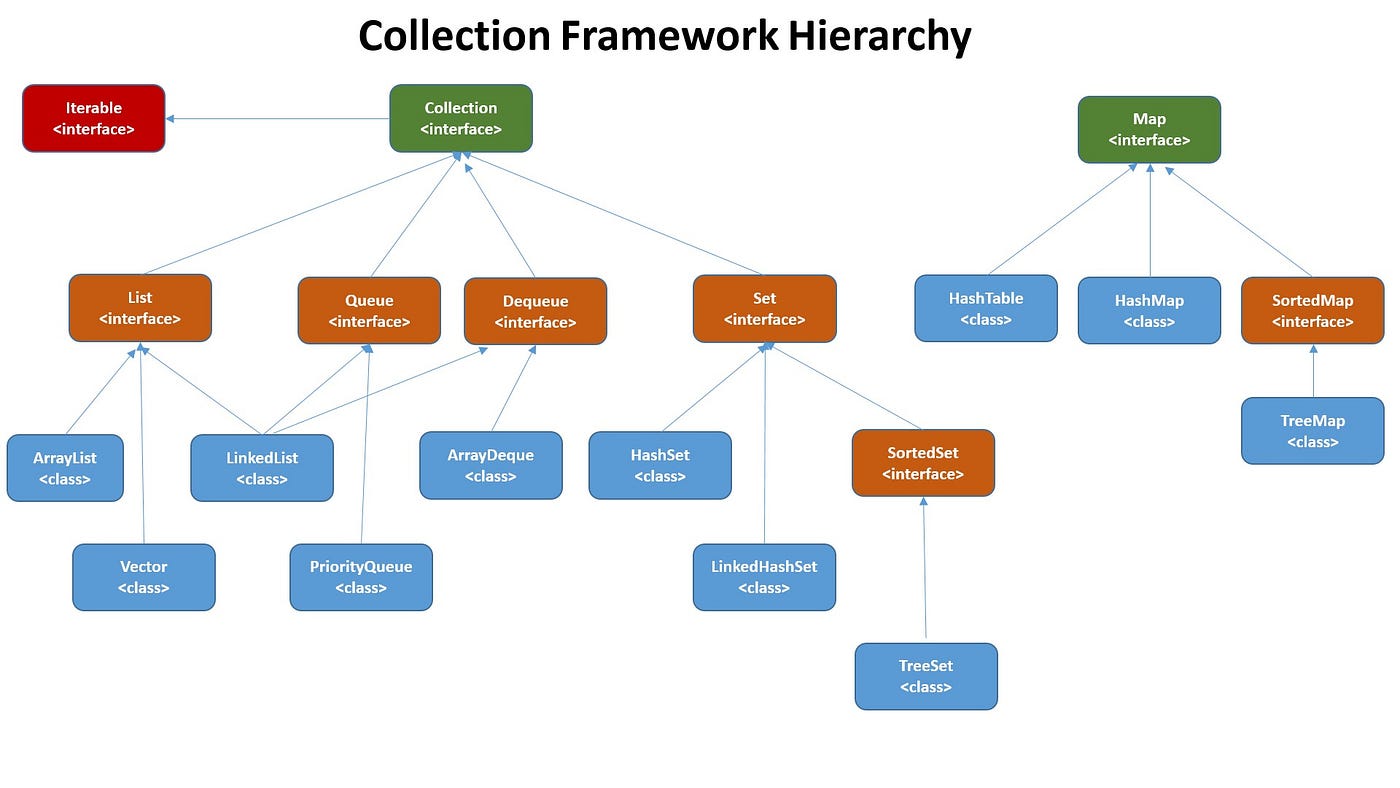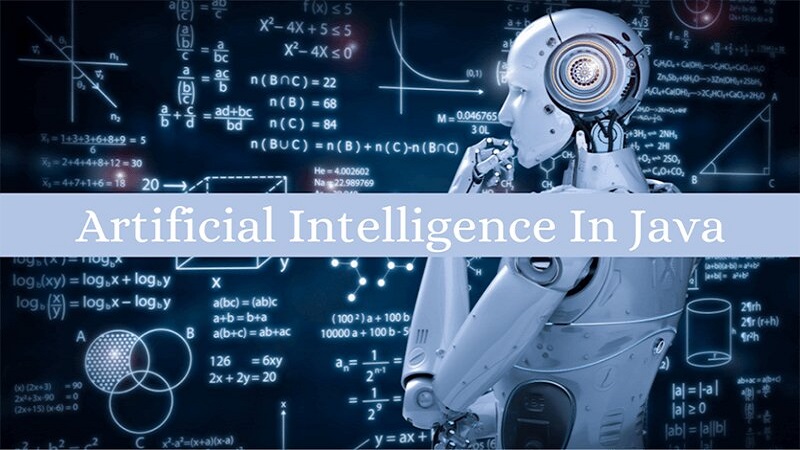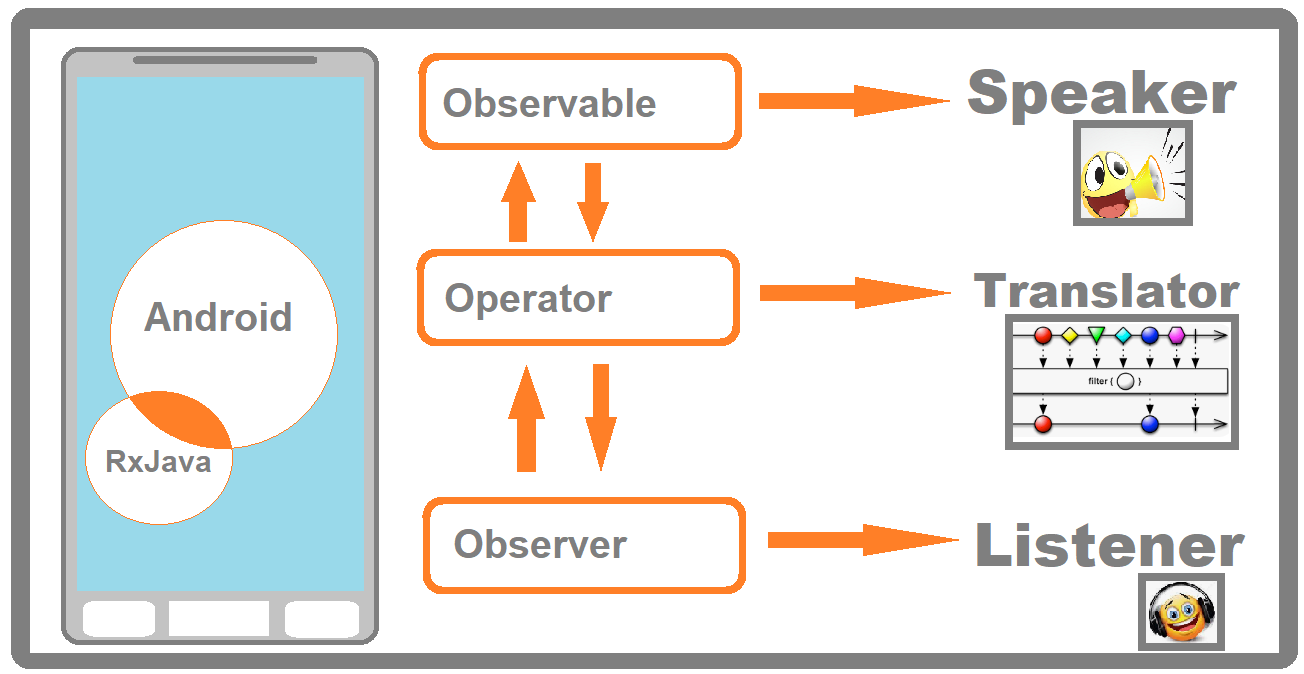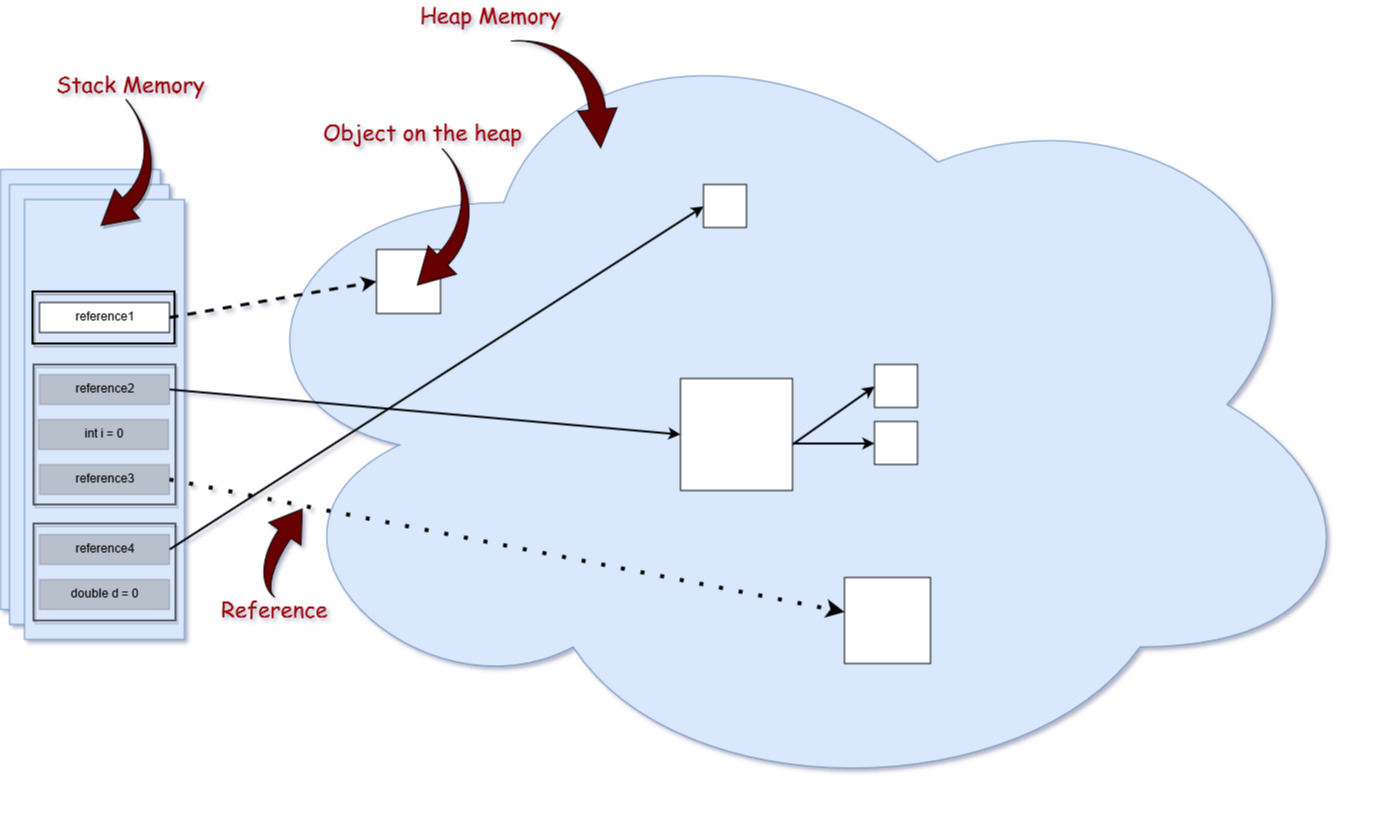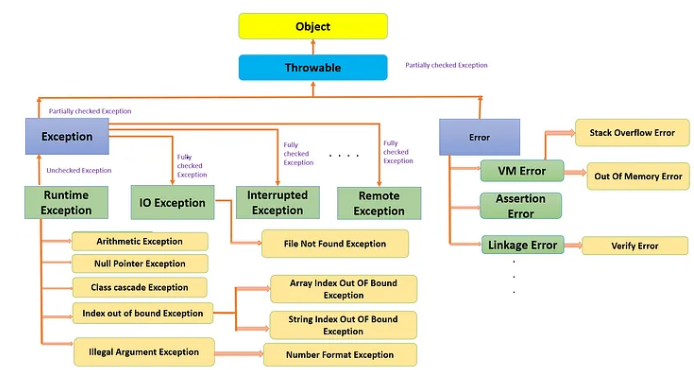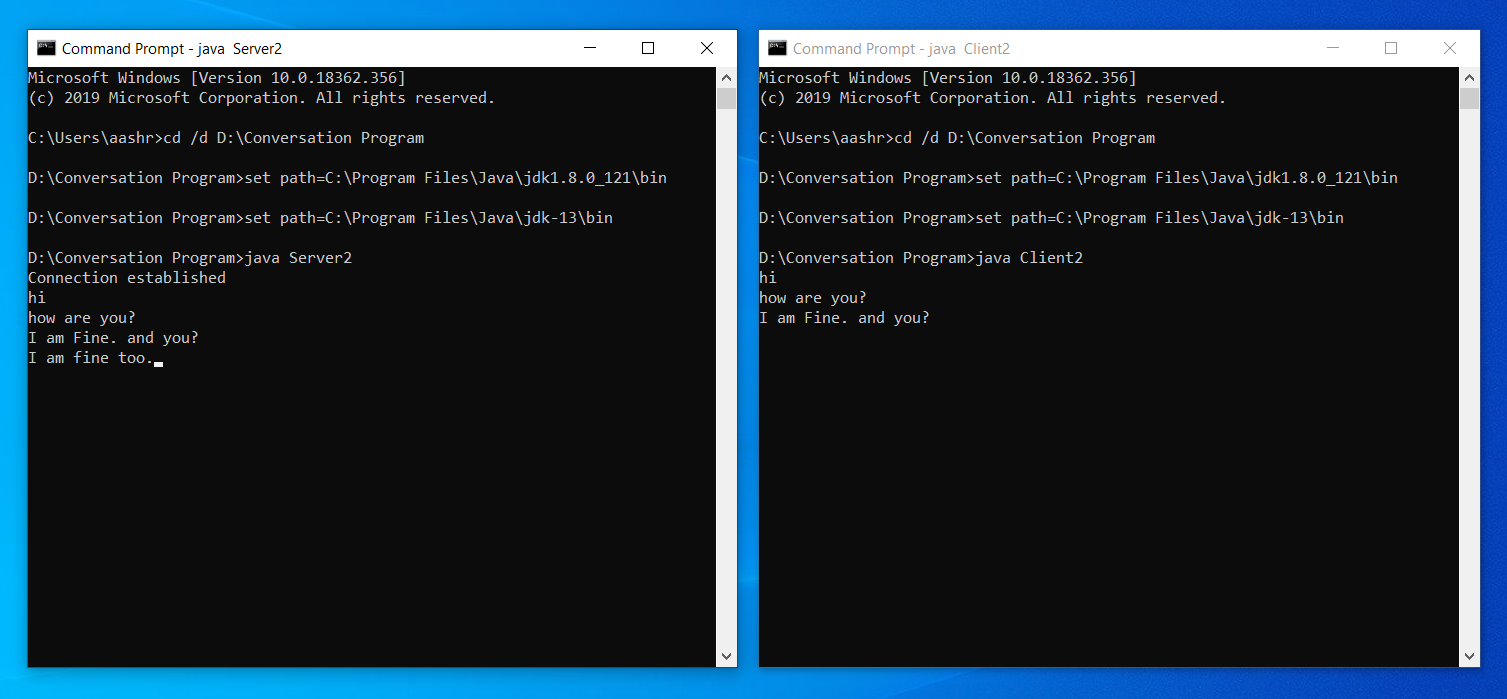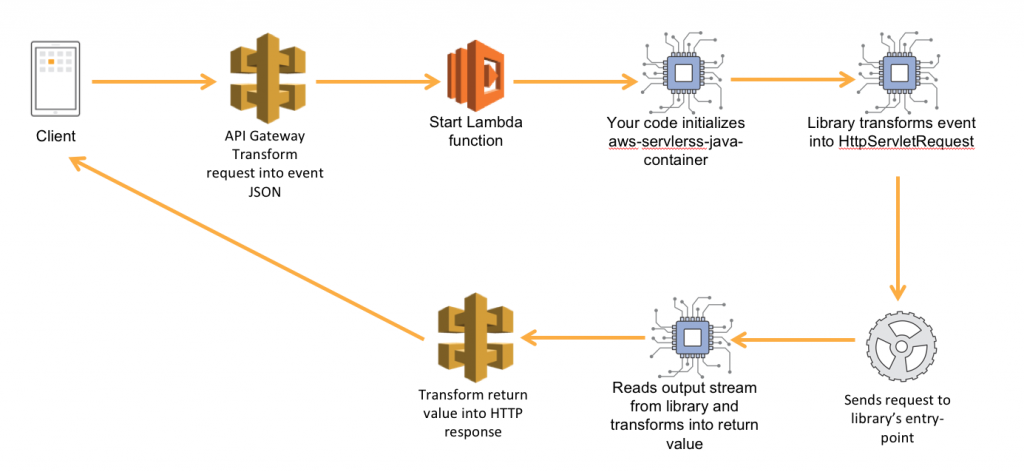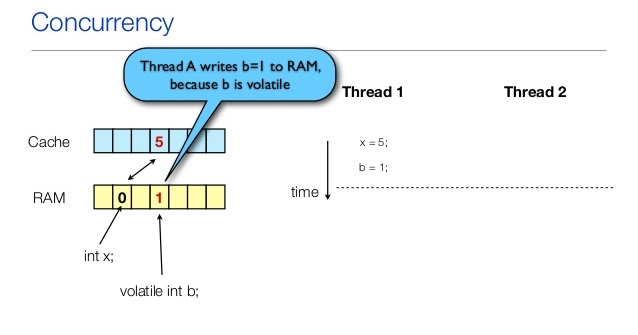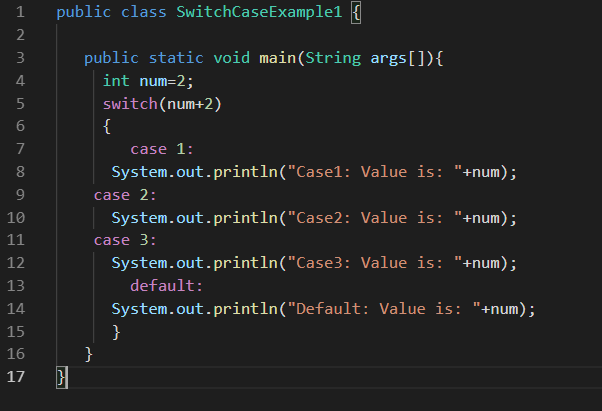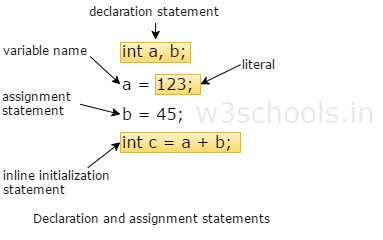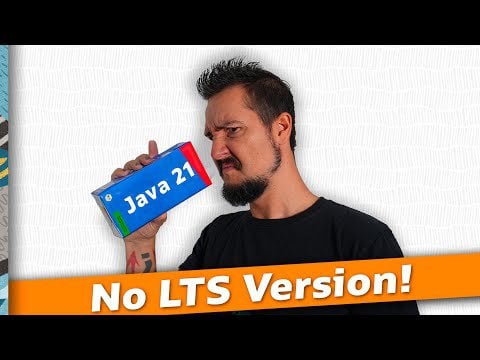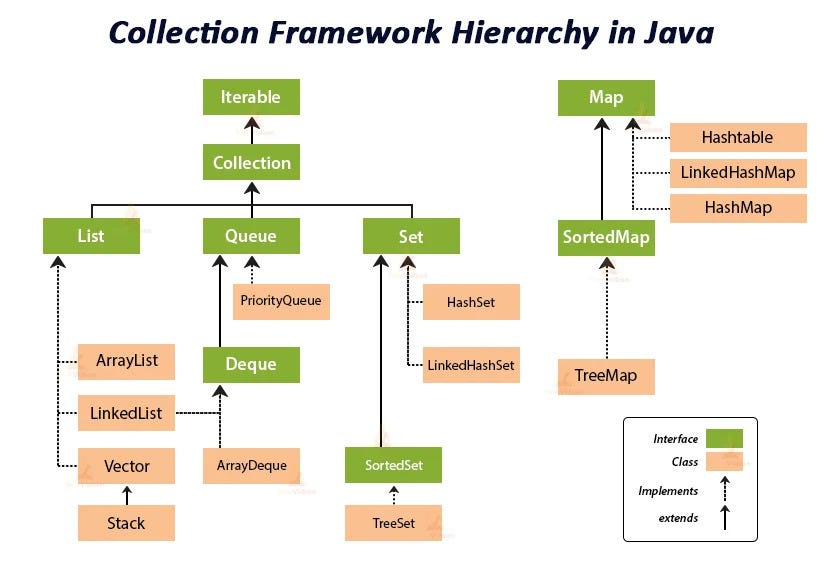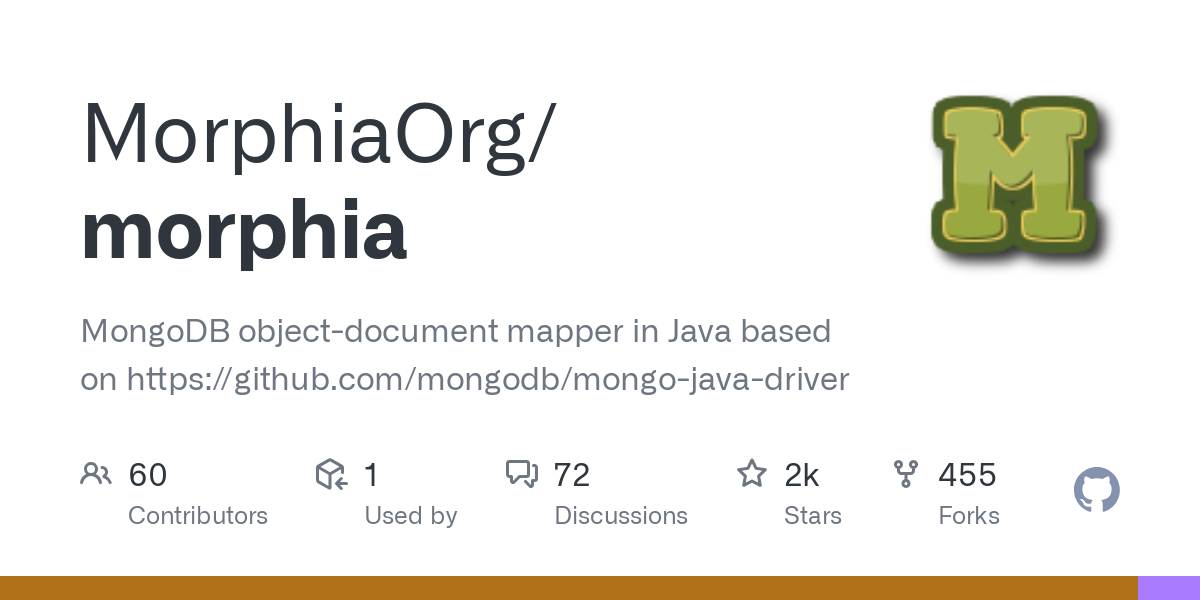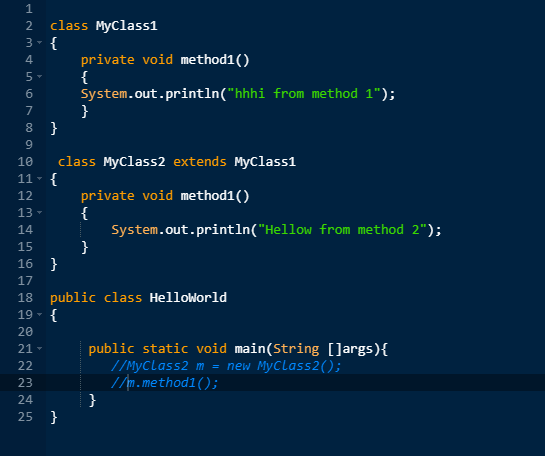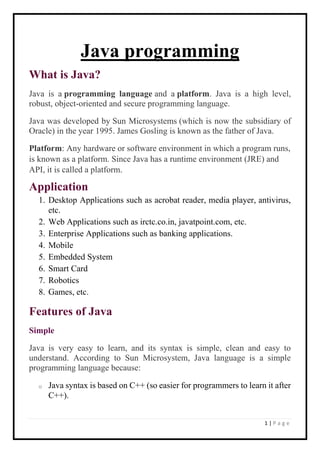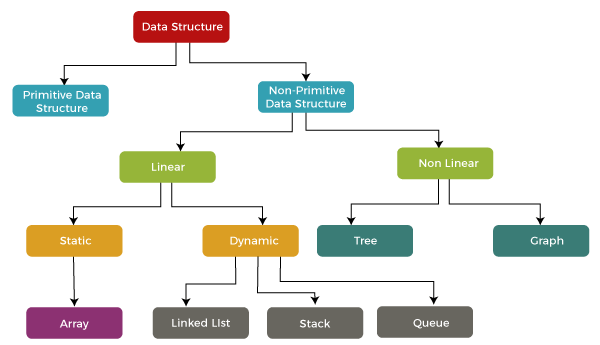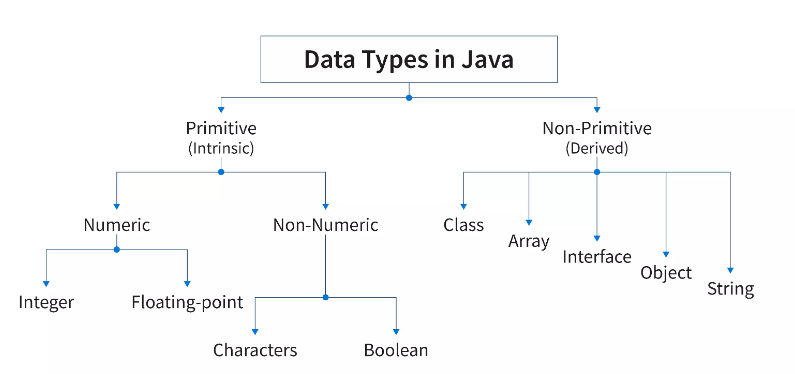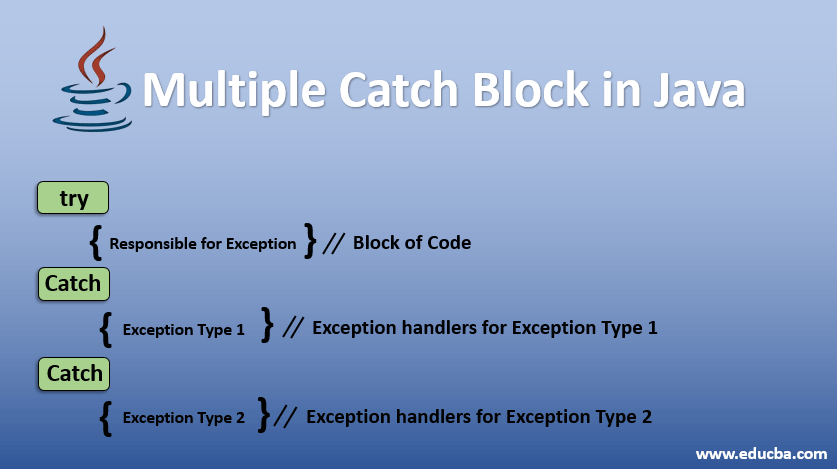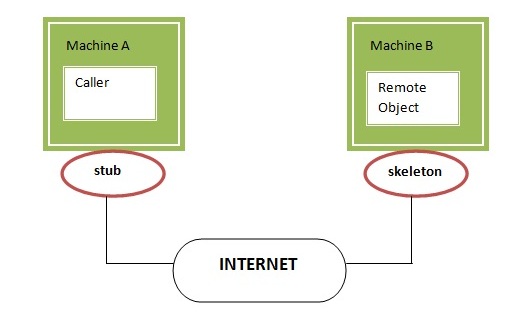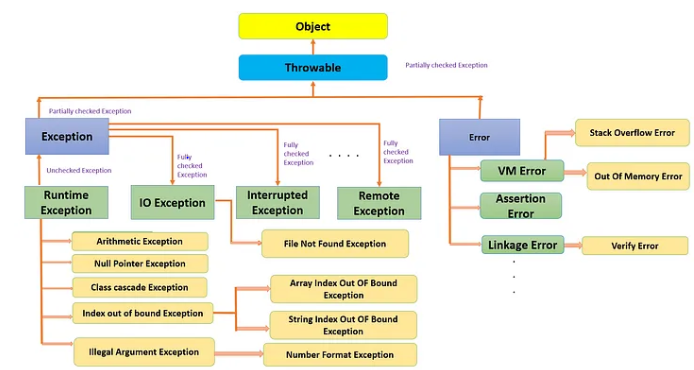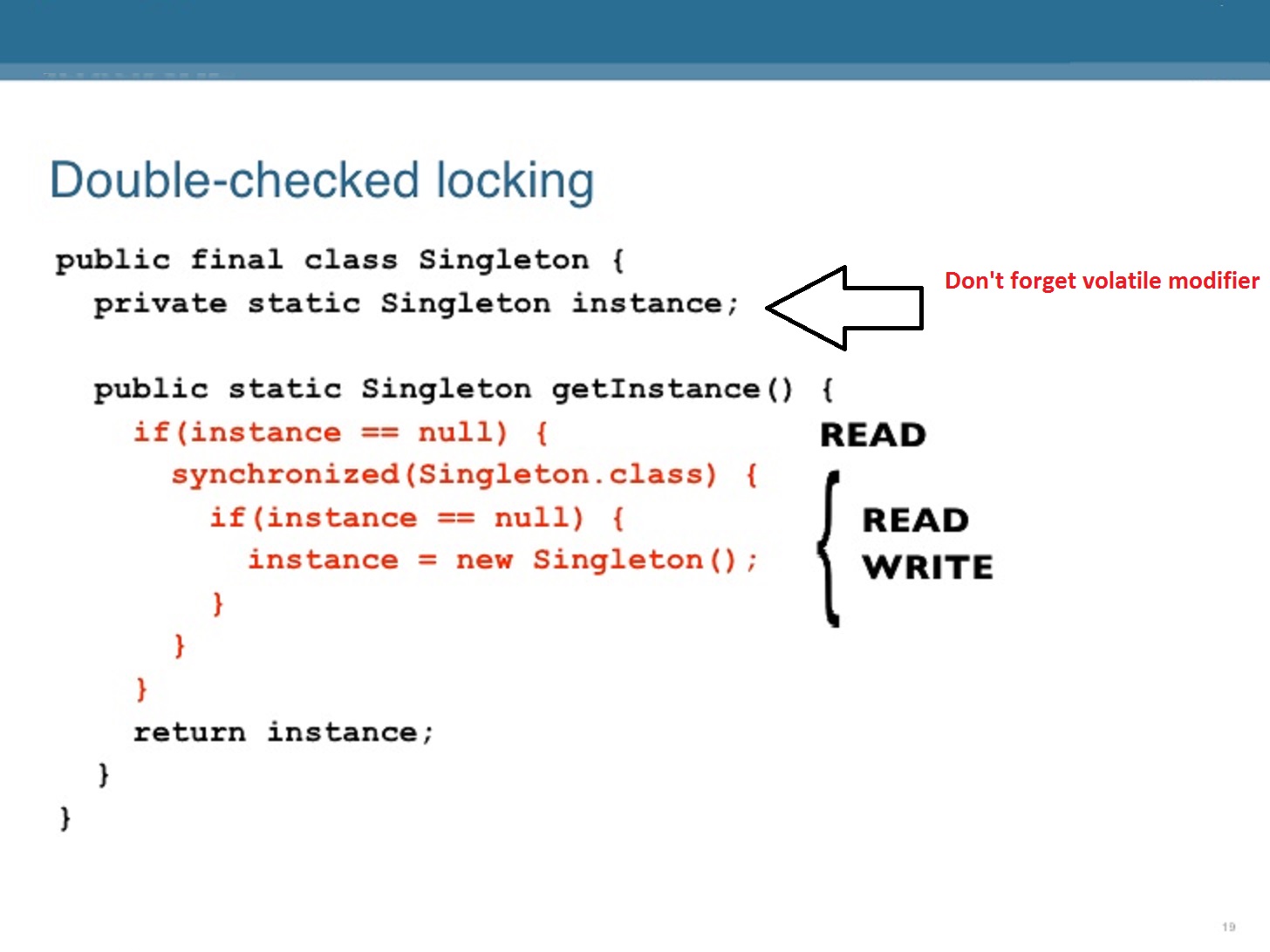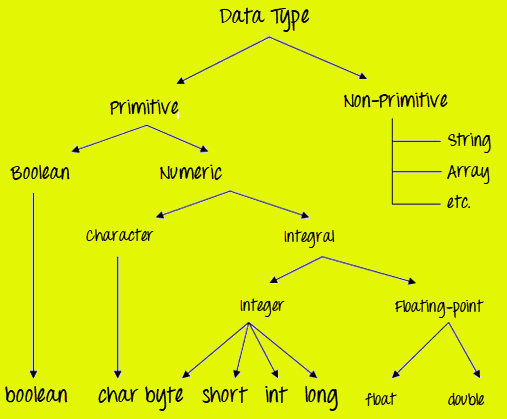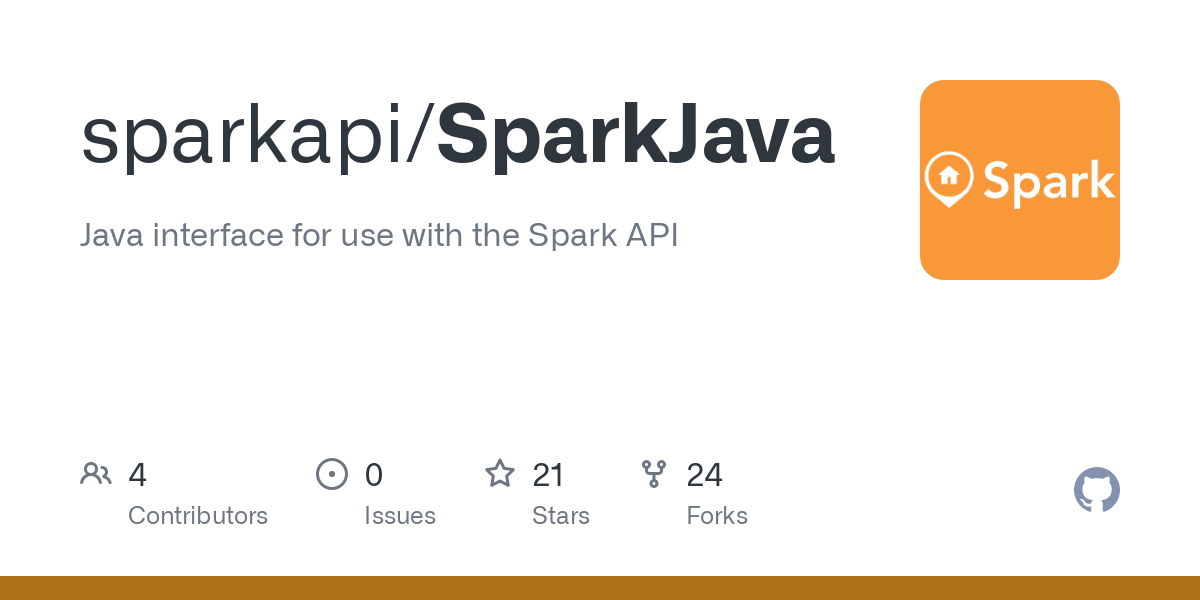Should I learn Java or Python first?
Should I learn Java or Python first?
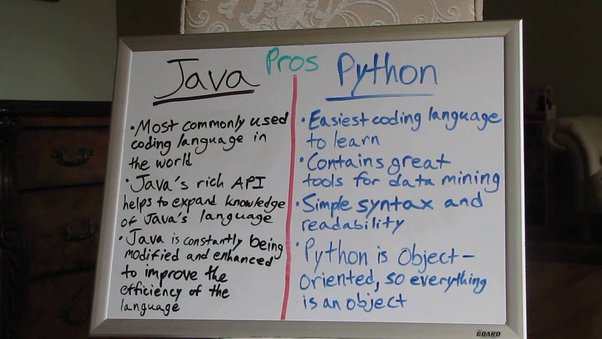
What a great question!
When it comes to choosing between learning Java and Python first, the answer largely depends on your goals, interests, and career aspirations. Both languages have their strengths, weaknesses, and use cases. Here's a brief overview to help you decide:
Python

Pros:
Easy to learn: Python has a relatively simple syntax and is often considered one of the most beginner-friendly programming languages. Versatile: Python can be used for web development, data analysis, machine learning, automation, and more. Rapid prototyping: Python's syntax and nature make it ideal for rapid prototyping and experimentation.Cons:
Not as widely used in industries like Android app development or game development (compared to Java). Some libraries may have steeper learning curves: While many libraries are well-documented, some might require more time to learn.Java
Pros:
Widely adopted: Java is commonly used in Android app development, web development, and enterprise software. Robust ecosystem: Java has an extensive library of APIs, frameworks, and tools for various tasks. Strongly typed: Java's static typing can help prevent runtime errors.Cons:
Steeper learning curve: Java requires a better understanding of object-oriented programming (OOP) concepts and syntax. Less flexible: Java is known for its strict type checking, which can lead to more verbosity in code.When to choose Python
You're interested in data science, machine learning, or scientific computing. You want a language that's easy to learn and experiment with. You're looking for a versatile language for general-purpose programming. You don't have prior experience with Java-specific areas like Android app development.When to choose Java
You're interested in Android app development or enterprise software. You need a strongly typed language with robust error handling. You want to learn a widely adopted and well-established language with a strong ecosystem. You have experience with OOP concepts and don't mind the learning curve.Ultimately, I recommend learning Python first, especially if you're new to programming. Python is an excellent introduction to programming concepts, and its flexibility will help you build a solid foundation for future learning. Once you've gained more experience, you can transition to Java or other languages as needed.
However, if you have a specific interest in Android app development or enterprise software, Java might be a better choice.
Remember, the most important thing is to choose a language that aligns with your interests and goals. Happy coding!
Java vs Python performance
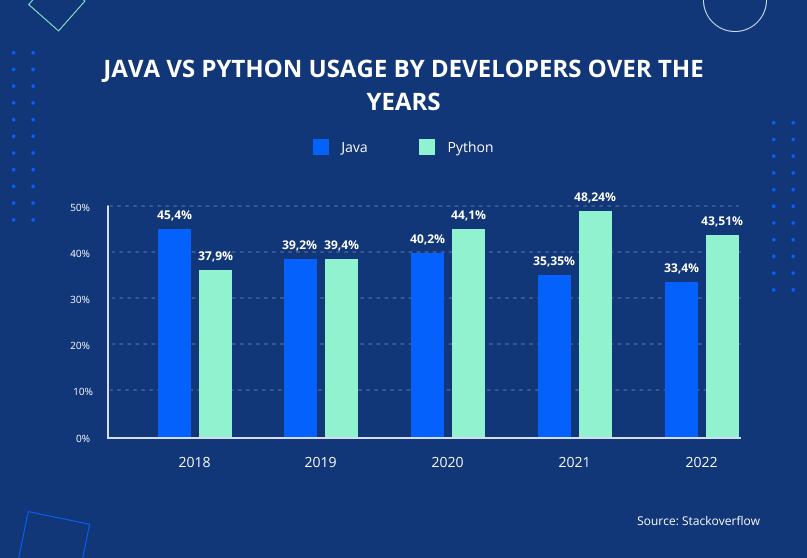
Java and Python are both popular programming languages known for their ease of use, versatility, and vast ecosystems of libraries and frameworks. While both languages share some similarities, they have distinct differences in terms of performance.
Java Performance:
Java is a statically-typed language that uses an Just-In-Time (JIT) compiler to translate code into machine-specific instructions at runtime. This compilation process makes Java applications generally slower than Python's interpreted nature, but also provides better performance and more accurate error detection. Here are some key factors affecting Java's performance:
Bytecode: Java compiles into bytecode, which is executed by the JVM (Java Virtual Machine). This intermediate representation allows for platform independence and dynamic recompilation. Garbage Collection: Java uses a generational garbage collector to manage memory, which can lead to pauses during heap compaction and object promotion. However, this reduces memory leaks and manual memory management headaches. Dynamic Method Invocation: Java's dynamic method invocation mechanism can impact performance by creating an additional overhead layer between the code and the actual execution.Python Performance:
Python is a dynamically-typed language that uses an interpreter to execute code line-by-line at runtime. This approach allows for faster development cycles, but also means that Python applications might be slower than compiled languages like Java or C++. Key factors affecting Python's performance:
Interpretation: Python's interpreter needs to analyze and execute each line of code separately, which can result in slower execution compared to JIT-compiled languages. Just-In-Time Compilation (JIT): Python has built-in support for JIT compilation, which can optimize frequently executed code paths. This reduces the performance gap between interpreted and compiled languages. Cython Integration: Cython is a superset of Python that allows writing performance-critical parts in C-like syntax. This enables leveraging the benefits of compiled code within Python.Comparison:
In general, Java tends to perform better than Python due to its static compilation and bytecode execution. However, Python's JIT compilation and optimized library implementations (e.g., NumPy) can help bridge the gap.
Benchmarks:
Various benchmarking tools and suites have measured performance differences between Java and Python for specific scenarios:
Benchmark.org: A benchmarking platform that compares Java, Python, C++, and other languages across various tasks. Google's Benchmark Suite: A comprehensive suite of benchmarks that assess performance in areas like scientific computing, web development, and machine learning.Conclusion:
While Java generally outperforms Python, both languages have their strengths. Java excels in scenarios requiring strong type safety, large-scale enterprise applications, and robust runtime environments. Python shines in situations where rapid prototyping, flexible data structures, and simple syntax are essential.
As a programmer, it's crucial to understand the trade-offs between performance, development speed, and memory management when choosing between Java and Python for your project.
